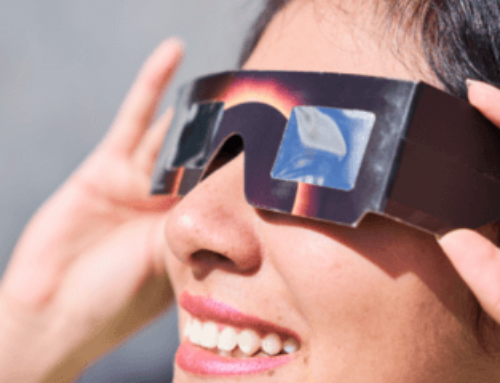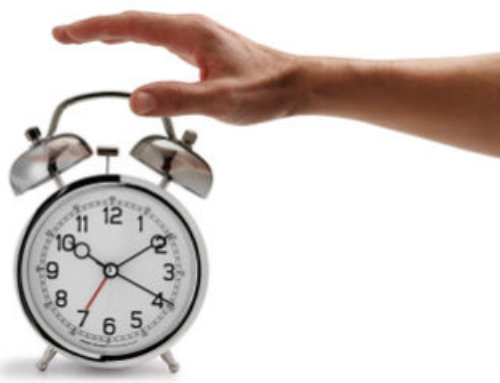EMBARGOED FOR RELEASE: 3 p.m. EST, December 14, 2012
CONTACT: Lynn Celmer, 630-737-9700, ext. 9364, lcelmer@aasm.org
DARIEN, IL – A new study suggests that there is a significant correlation between excessive daytime sleepiness and vitamin D, and race plays an important factor.
Results show that in patients with normal vitamin D levels, progressively higher levels of daytime sleepiness were correlated inversely with progressively lower levels of vitamin D. Among patients with vitamin D deficiency, sleepiness and vitamin D levels were associated only among black patients. Surprisingly, this correlation was observed in a direct relationship, with higher vitamin D levels associated with a higher level of sleepiness among black patients.
“While we found a significant correlation between vitamin D and sleepiness, the relationship appears to be more complex than we had originally thought,” said David McCarty, MD, the study’s principal investigator. “It’s important to now do a follow-up study and look deeper into this correlation.”
The study, appearing online in the Dec. 15 issue of the Journal of Clinical Sleep Medicine, involved a consecutive series of 81 sleep clinic patients who complained of sleep problems and nonspecific pain. All patients eventually were diagnosed with a sleep disorder, which in the majority of cases was obstructive sleep apnea. Vitamin D level was measured by blood sampling, and sleepiness was determined using the Epworth Sleepiness Scale.
According to the authors, this is the first study to demonstrate a significant relationship between sleepiness and vitamin D. They noted that it is logical for race to affect this relationship because increased skin pigmentation is an established risk factor for low vitamin D.
The study was not designed to examine causality. However, the authors’ previous and current research suggests that suboptimal levels of vitamin D may cause or contribute to excessive daytime sleepiness, either directly or by means of chronic pain.
To request a copy of the study, “Vitamin D, Race, and Excessive Daytime Sleepiness”, or to arrange an interview with an AASM spokesperson, please contact Communications Coordinator Lynn Celmer at 630-737-9700, ext. 9364, or lcelmer@aasm.org.
The peer-reviewed Journal of Clinical Sleep Medicine is published bimonthly and is the official publication of the American Academy of Sleep Medicine, a professional membership society that is the leader in setting standards and promoting excellence in sleep medicine health care, education and research (www.aasm.org).
The American Academy of Sleep Medicine considers sleep disorders an illness that has reached epidemic proportions. Board-certified sleep medicine physicians in an AASM-accredited sleep center provide effective treatment. AASM encourages patients to talk to their doctors about sleep problems or visit www.sleepeducation.com for a searchable directory of sleep centers.








